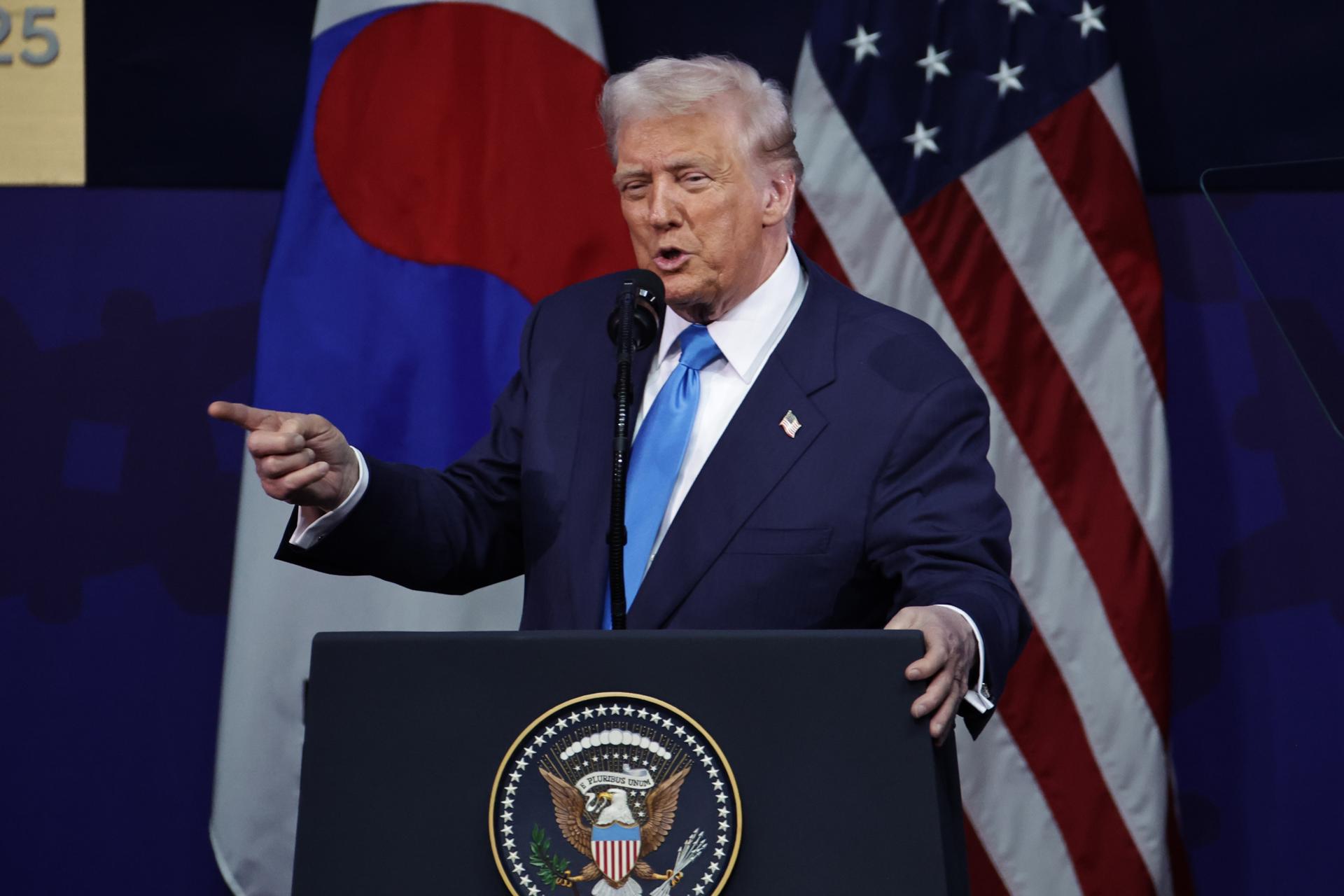
In a strategic move ahead of his highly anticipated meeting with Chinese President Xi Jinping, US President Donald Trump has signed several agreements with Asian and Oceanic countries to increase Washington’s access and joint investments in the rare earth sector, an industry that China nearly monopolizes.
During his recent Asia tour, the first of his second term, Trump has announced a series of pacts, though their true weight is questioned by experts due to the lack of specific details. The diversification of rare earth access is a key priority for the US, as China controls over 70% of global production and nearly 90% of processing for these essential minerals used in electric vehicles, wind turbines, and semiconductors, among other industries.
Rare Earth Deals Across Asia
In Tokyo, the second stop of his tour, Trump signed a collaboration agreement with new Japanese Prime Minister Sanae Takaichi to boost investments in the rare earth sector, without providing specifics on potential projects. The two countries agreed to a six-month timeline to «provide financial support to selected projects, with the goal of generating a final product for delivery to buyers in the United States, Japan, and like-minded countries,» according to a White House statement.
In Kuala Lumpur, Trump’s first stop, he sealed deals with Thailand and Malaysia on rare earths to «enhance the strength, security, and prosperity of supply chains.» According to the US, Bangkok will support the transition of critical minerals and rare earths to open, efficient, secure, and transparent markets, while committing with Washington to «deter the sale» of these elements for «national security reasons» when deemed necessary. Trump also signed an agreement with Malaysia, where the Asian country pledges «not to ban or impose quotas on exports of critical minerals or rare earths to the United States,» allowing US companies to obtain licenses to drive sector development.
The Australia Advantage
Shortly before his Asia trip, Trump hosted Australian Prime Minister Anthony Albanese at the White House, where they signed an agreement on rare earths, consolidating US access to Australia’s strategic minerals. The country, which hosts the world’s fourth-largest rare earth deposits, signed the roughly $8.5 billion deal with the US to bolster their supply chain.
«The only important one is the (agreement) with Australia,» says Alicia García Herrero, chief economist for Asia-Pacific at Natixis, who believes Canberra signed the deal in exchange for Washington’s preservation of the Aukus security pact, over which Trump had shown some reluctance.
Rare earths are expected to be a key topic of discussion between Trump and Xi on Thursday, after Beijing announced new export controls earlier this month, prompting Washington to threaten 100% tariffs on China starting November 1.